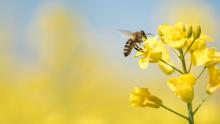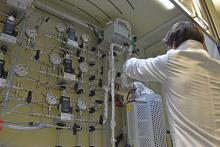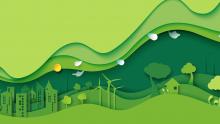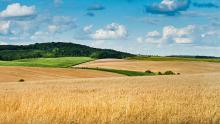Urban heating innovations promise a sustainable future
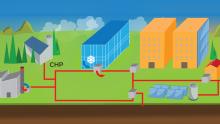
The energy crisis has highlighted the importance of greater heating efficiency. The EU-funded RELaTED project showed how lower temperatures in district heating systems combined with heat pumps can reduce costs while still keeping homes and commercial premises warm. The findings can boost sustainable energy production, reduce energy waste, and provide cost-effective heating to consumers.

